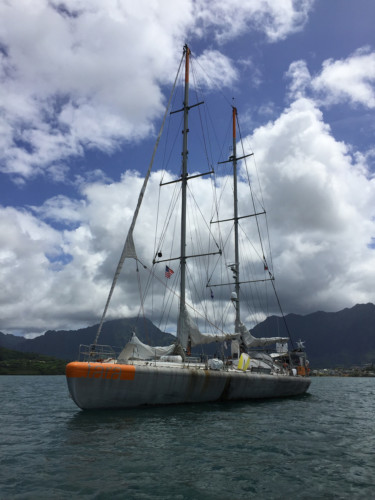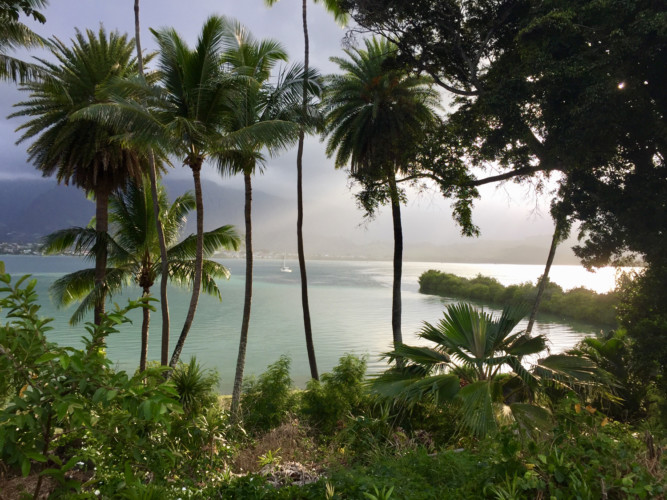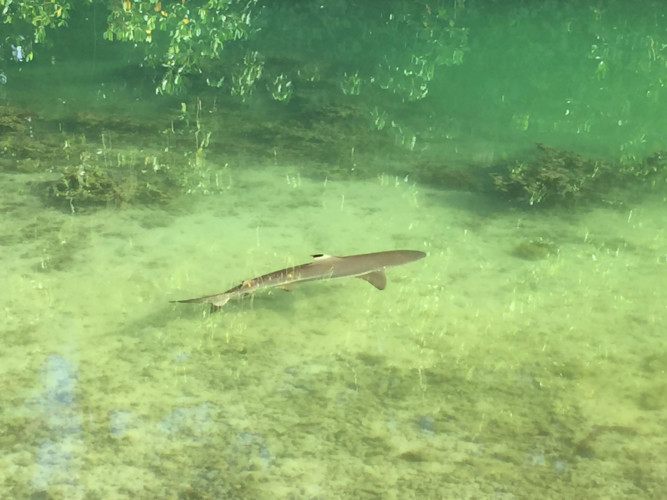A team from Centre Scientifique de Monaco collected coral samples in Hawaii in June 2018. The team was concentrated on “tumors” found on corals, a phenomenon with poorly understood origins that affects more that 40 species of Scleractinian corals in the Indo-Pacific and Caribbean regions. This disease is characterized by an abnormal growth on a distinct area of the colony. Although the growths are known by some scientists as “tumors”, their malignancy remains to be determined. Yet, the origin of this disease may involve the bacteria living on the abnormal tissues.
From the 15th to the 25th of June, the CSM team will concentrate their work on “tumors” found on corals, a phenomenon with poorly understood origins that affects more that 40 species of Scleractinian corals in the Indo-Pacific and Caribbean regions. This disease is characterized by an abnormal growth on a distinct area of the colony. Although the growths are known by some scientists as “tumors”, their malignancy remains to be determined. Yet, the origin of this disease may involve the bacteria living on the abnormal tissues.
Similar to classical model organisms, these “tumors” represent a unique opportunity for multiple studies that would enrich our knowledge of coral biology, as well as coral innate immunity, which shows close similarities to humans.
Beyond the importance of this project to the future of coral reefs, this work will also help us better forecast future biomedical or biological problems, such as the links between diseases and the interactions of host-pathogens. Thanks to its double capacity in coral and medical biology, the CSM is a unique laboratory possessing the expertise to study these abnormal growths from the colony to the gene.



